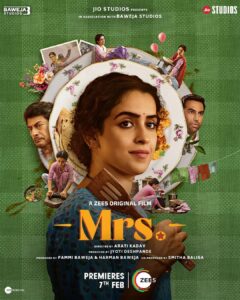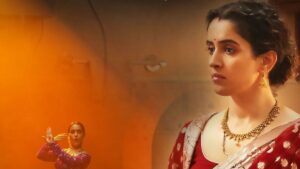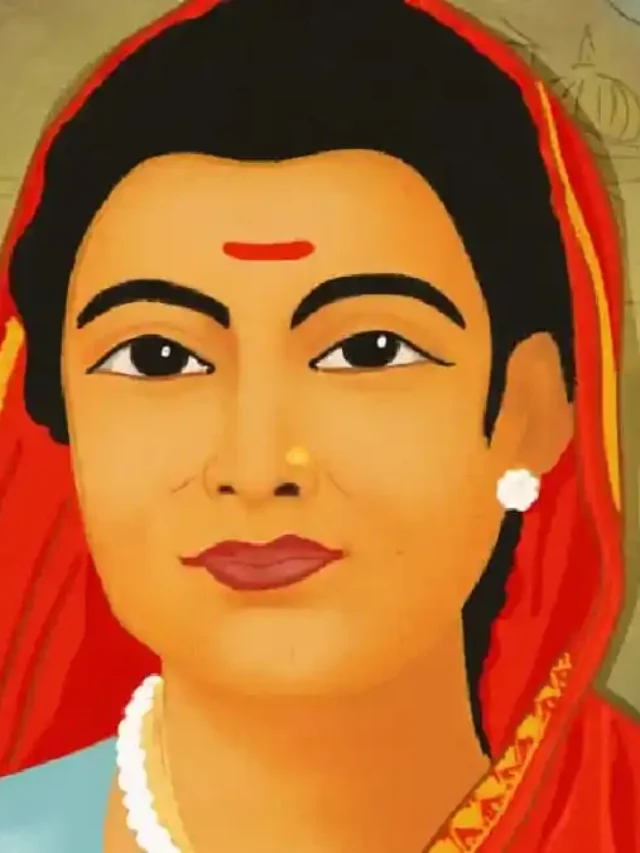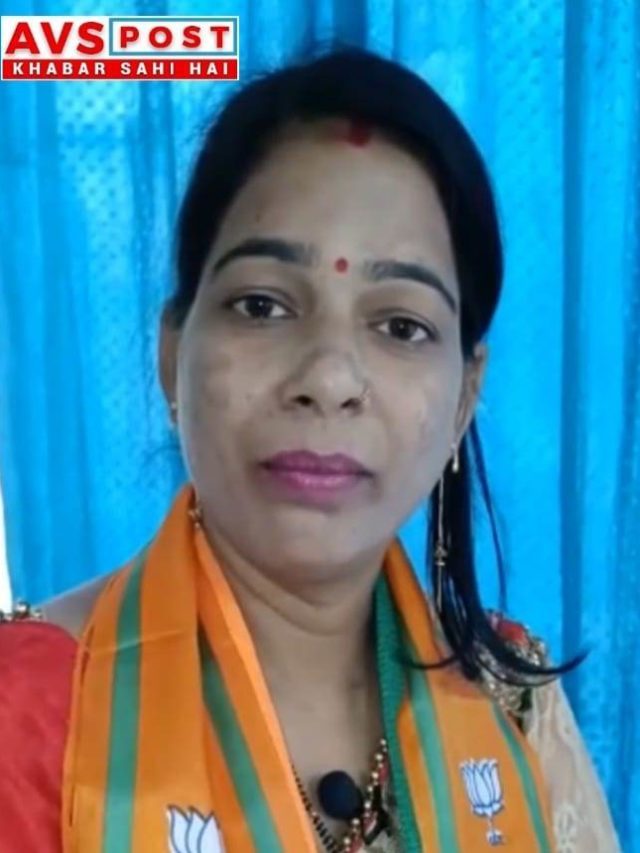WPL Auction 2026 : The Ultimate Guide to Women’s Premier League’s Big Day
Mrs Victory 2025: Bold Steps to Conquer Challenges

Mrs
“Mrs.” is a 2025 Hindi-language drama film directed by Arati Kadav, featuring Sanya Malhotra in the lead role. The film is a Hindi adaptation of the acclaimed Malayalam movie “The Great Indian Kitchen” (2021) and delves into the intricate dynamics of gender roles, societal expectations, and personal aspirations within the framework of a traditional Indian marriage. Through its narrative, “Mrs.” offers a poignant exploration of a woman’s journey toward self-discovery and empowerment.

Plot Summary
The story centers on Richa Sharma (Sanya Malhotra), a trained dancer who enters into an arranged marriage with Diwakar Kumar (Nishant Dahiya), a gynecologist from a conservative family. Initially, Richa is welcomed into her new home with warmth, but she soon finds herself submerged in an overwhelming array of household chores and rigid traditions. Her daily routine becomes a relentless cycle of cooking, cleaning, and catering to the demands of her husband and father-in-law, Ashwin Kumar (Kanwaljit Singh), who uphold the belief that a woman’s place is in the kitchen.
As Richa’s aspirations of pursuing a career in dance are systematically dismissed, she grapples with the erosion of her identity and autonomy. Her attempts to discuss her desires with Diwakar are met with indifference or condescension, further alienating her within the confines of her marriage. The turning point arrives when Richa, overwhelmed by the cumulative weight of suppression and unfulfilled dreams, makes a bold decision to reclaim her life. She leaves her marital home to pursue her passion for dance, symbolizing a break from the oppressive structures that sought to define her existence.

Themes and Messages
“Mrs.” delves deeply into themes of patriarchy, gender roles, and the quest for self-identity. The film portrays how entrenched societal norms can stifle a woman’s individuality, reducing her to a mere instrument of service within the household. Richa’s journey reflects the silent struggles of countless women who sacrifice their dreams to conform to traditional expectations.
The narrative critiques the normalization of gender inequality, highlighting how cultural practices and familial structures perpetuate the subjugation of women. By showcasing Richa’s eventual defiance, the film advocates for personal empowerment and challenges the audience to reconsider the roles assigned to women in society.
The narrative also addresses the stigmatization of menstruation, highlighting the regressive practices that persist in certain households. Richa’s experiences during her menstrual cycle underscore the deep-seated taboos and the lack of empathy she faces, even within her own family. This subplot serves as a microcosm of the broader societal reluctance to engage in open dialogues about women’s health and autonomy.

Character Analysis
- Richa Sharma: Portrayed by Sanya Malhotra, Richa embodies the conflict between personal ambition and societal expectations. Her transformation from a hopeful bride to a woman asserting her independence serves as the film’s emotional core. Malhotra’s nuanced performance captures the subtle shifts in Richa’s demeanor as she navigates her oppressive environment.
- Diwakar Kumar: Nishant Dahiya plays Diwakar, Richa’s husband, whose outwardly progressive demeanor masks deep-seated patriarchal attitudes. His character represents the complacency of those who benefit from traditional gender roles without questioning their fairness.
- Ashwin Kumar: Kanwaljit Singh’s portrayal of the authoritarian father-in-law underscores the generational perpetuation of patriarchal values. His character’s rigid adherence to tradition exemplifies the societal pressures that confine women to domestic spheres.
Cinematic Techniques
Director Arati Kadav employs a restrained and realistic approach to storytelling, allowing the film’s themes to emerge organically. The use of repetitive sequences depicting Richa’s daily chores emphasizes the monotony and confinement of her life, creating a sense of empathy in the audience.
The cinematography utilizes tight framing within the household to convey a sense of entrapment, contrasting with more open compositions during moments when Richa engages with her passion for dance. This visual dichotomy reinforces the central conflict between freedom and restriction.
Director Arati Kadav approaches the subject matter with sensitivity and insight. Her storytelling is deliberate, allowing the audience to immerse themselves in Richa’s world and empathize with her plight. The cinematography complements the narrative, with the camera lingering on mundane household tasks, symbolizing the monotony and confinement Richa experiences. The visual storytelling is further enhanced by the use of close-ups, capturing the protagonist’s emotional nuances and internal conflicts.

Critical Reception
“Mrs.” has been lauded for its compelling narrative and powerful performances. Critics have highlighted Sanya Malhotra’s portrayal of Richa as a standout, noting her ability to convey complex emotions with subtlety. The film’s unflinching examination of everyday patriarchy has sparked discussions about gender roles and women’s autonomy in contemporary society.
Some reviews have pointed out that while “Mrs.” is a faithful adaptation of “The Great Indian Kitchen,” it brings its unique cultural context to the forefront, making the story accessible to a broader audience. The film’s deliberate pacing and focus on mundane details have been praised for immersing viewers in Richa’s experience, though some may find this approach challenging.

Conclusion
“Mrs.” is a significant cinematic work that challenges societal norms and encourages introspection about the roles and expectations imposed on women. Through its compelling narrative and stellar performances, the film serves as a catalyst for conversations about gender equality, personal freedom, and the importance of supporting women’s aspirations. It stands as a testament to the power of cinema in reflecting societal issues and inspiring change.
For those seeking a thought-provoking and emotionally resonant film, “Mrs.” offers a poignant exploration of a woman’s journey towards self-discovery and empowerment within the confines of traditional societal structures.
“Mrs.” is a thought-provoking film that sheds light on the often-overlooked struggles of women within traditional family structures. Through Richa’s journey, it calls for a reevaluation of societal norms and advocates for the recognition of women’s rights to pursue their passions and define their identities beyond domestic roles. The film stands as a significant contribution to discussions on gender equality and personal freedom in modern India.
ALSO READ THIS:“Hexaware Technologies IPO 2025: Tech-Powered Expansion with Unstoppable Momentum!


